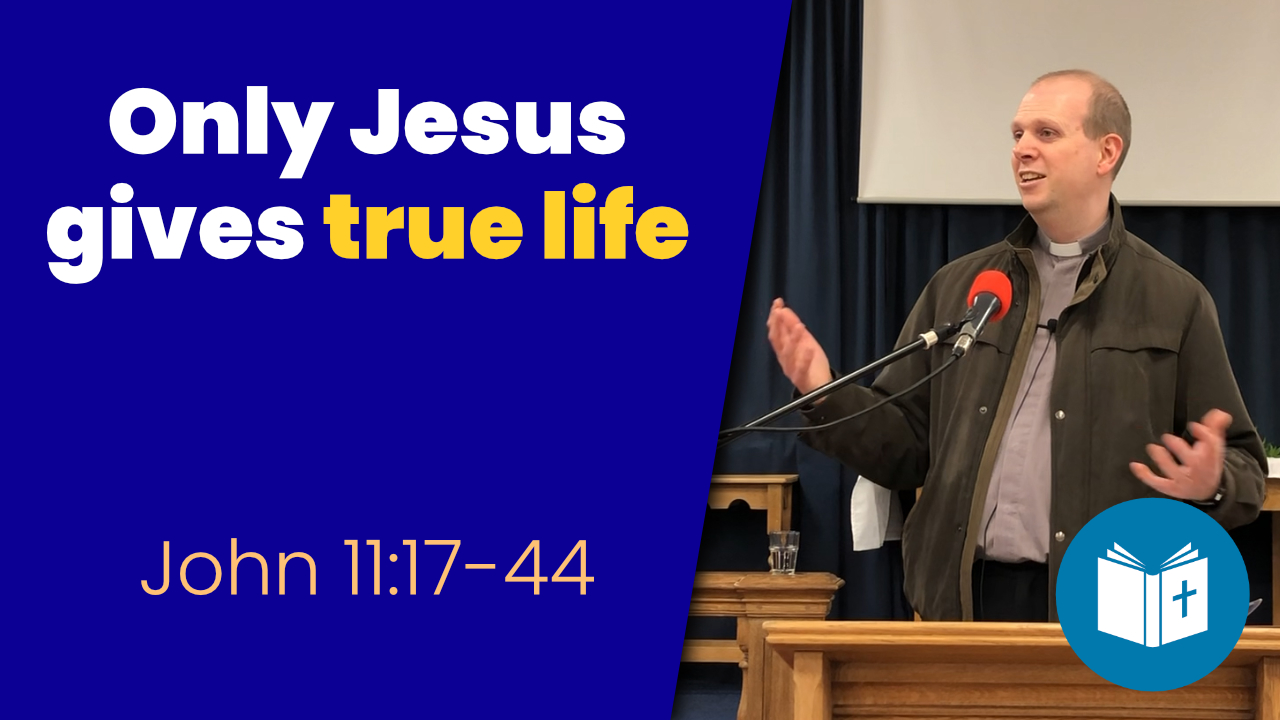Do you have ‘green fingers’? Do you spend hours in the garden? Do you love to watch Monty Don on Gardener’s World? Personally, I have to confess that I know very little about gardens and gardening! I am grateful for the help of my mother-in-law, who is very knowledgeable about such things.
However, one thing I do know about gardening is that sometimes plants have to be pruned. If you leave some plants to grow naturally, they will not bear fruit or flower as much as they could. A wise gardener will know what to prune and when, so that the plant will be as healthy as possible.
To a non-gardener such as myself, the process of pruning might look destructive: cutting off healthy branches seems a strange thing to do! But the wise gardener knows that the pruning is necessary for the plants to grow and stay healthy.
Jesus was aware of this. In John’s Gospel, chapter 15, Jesus says:
I am the true vine, and my Father is the gardener. He cuts off every branch in me that bears no fruit, while every branch that does bear fruit he prunes so that it will be even more fruitful. You are already clean because of the word I have spoken to you. Remain in me, as I also remain in you. No branch can bear fruit by itself; it must remain in the vine. Neither can you bear fruit unless you remain in me.
John 15:1-4
In this passage, Jesus likens himself to the vine, while those who believe in him are the branches. As the purpose of a vine is to bear fruit, so it is with us: we are to bear fruit in our lives. Elsewhere in the Bible, the apostle Paul describes this as the fruit of the Spirit, which is love.
Jesus tells us that the gardener – that is, God the Father – will prune every branch that bears fruit so that it will be even more fruitful.
What does that mean? It means that we need to be pruned in order to grow. We need to encounter adversity, trials, and suffering sometimes, in order that we might bear more fruit in our lives. To a non-gardener like myself, cutting off a healthy branch seems like a strange and counter-intuitive thing to do. But the wise gardener knows it is necessary for the good of the plants.
It is like that with God. In his infinite wisdom, he sends us times of adversity and suffering which is intended for our good and our growth. His desire is always that we might bear more fruit.
How is this helpful to us? I hope that this changes our attitudes when we encounter times of trial and difficulty. The apostle James said, “Consider it pure joy, my brothers and sisters, whenever you face trials of many kinds, because you know that the testing of your faith produces perseverance” (James 1:2-3). Similarly, the book of Hebrews says: “No discipline seems pleasant at the time, but painful. Later on, however, it produces a harvest of righteousness and peace for those who have been trained by it” (Hebrews 12:11).
When we go through testing times, we can have confidence that our heavenly Father is pruning for our own good. However unpleasant it is, we can trust that the Lord is working for our good.
Many Christians through the ages can testify that times of adversity have been times of great spiritual growth. Personally speaking, I can testify to the fact that I wouldn’t be the person I am today if I hadn’t been through times of trial and adversity.
The key question for us is, how do we choose to respond in times of trial and adversity? Will we choose to be angry with God, and turn away from him? Or will we choose to respond with faith and trust, knowing that he alone is able to turn our every adversity to good?










